CPAPI COHORT
A cohort study is a type of observational, longitudinal research that tracks individuals over time to identify factors influencing a particular outcome of interest.
The CPAPI birth cohort, part of the project "Evaluating Early Childhood Development After the COVID-19 Pandemic: A Cohort Study," aims to investigate biological, environmental, and social factors associated with child development. This cohort includes a sample of 2,025 infants born at two maternity hospitals in Ribeirão Preto, São Paulo, between July 2023 and March 2024. Organized into stages or waves of follow-up, the CPAPI cohort monitors participants' health, physical and cognitive development, and socioeconomic contexts. By tracking the same individuals throughout early childhood, this study provides a unique opportunity to advance scientific knowledge on risk and protective factors for child development.
The first wave of follow-up took place in 2024, when the infants were six months old. This stage involved a socioeconomic questionnaire for caregivers, psychometric assessments for the infants, and actigraphy data collection to measure the children's sleep-wake cycles.
The second wave is set to begin in January 2025. Many instruments used in the first wave will be reapplied to provide a longitudinal perspective on topics such as development, sleep-wake cycles, maternal depression, and socioeconomic conditions. Additionally, new tools, including the Bayley-III, the Adverse Childhood Experiences Questionnaire (ACE), and Experiences of Discrimination (EOD), will be introduced during this phase.
Future follow-up waves are currently in the planning stages—stay tuned for updates!
For more details on the progress of our research, check out our annual reports.

